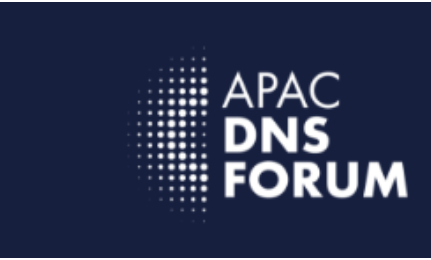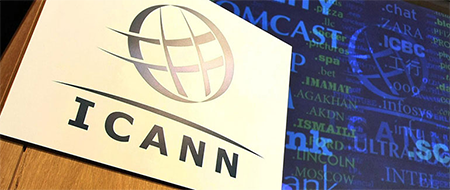Directory >> Institutions >> ICANN >> ICANN Ecosystem
ICANN
What is ICANN?
ICANN (Internet Corporation for Assigned Names and Numbers) is the organization that manages the Internet. It is an international nonprofit organization, headquartered in San Diego, California. The uniqueness of domain names is guaranteed by the Internet Assigned Numbers Authority (IANA); an authority integrated within ICANN. The management of operations is entrusted to the American company Verisign. ICANN entrusts by contract the management of domain name extensions to entities called registries. Domain names are generally not marketed by the registries themselves, but by companies specializing in this field, known as registrars.
A decentralized functioning
One of the unique features of ICANN is its highly participatory functioning, based on a "multi-stakeholder" model. Its main players are the countries (within the GAC), some international organizations such as the International Telecommunication Union (ITU), professional Internet experts and representatives of civil society and business bodies. However, the distribution of participants leads to a situation where powerful for-profit organisms have been able to gain more control over the decisions than the other stakeholders.
Supposed to guarantee the neutrality of the internet, ICANN has increasingly been the scene of financial and political maneuvers that overshadow the general interest. In what some consider a shocking conflict of interests, Fadi Chehade and Akram Atallah, two former ICANN leaders, respectively joined in 2016 and 2018 Donuts (now Identity Digital), known for its acquisition of hundreds of new TLDs, and owned by the private equity fund Ethos Capital.
As a nonprofit organization, ICANN cannot make profit but spends a lot of money, with an annual budget of around one hundred fifty million dollars, largely made possible by the launch of new extensions in 2014. With an application review cost set at $185,000 for each project, and nearly 250 auctions to decide the winners between two or more applicants, ICANN has achieved a significant financial coup. This will be repeated in 2026, with the second round of nTLDs.
ICANN Communities and bodies
ICANN’s multistakeholder model brings together different communities to ensure that internet governance decisions reflect the interests of all affected parties — including governments, users, technical experts, and the domain name industry.
Among these groups, the most influential are the GNSO, GAC, ccNSO, and ALAC, as they shape domain name policies, represent national and public interests, coordinate country-code domains, and give voice to individual internet users.
The GNSO creates policies for generic top-level domains (gTLDs) like .COM and .ORG. It’s the main decision-making body for domain-related rules.
The ccNSO brings together country-code domain registries (ccTLDs) such as .UK or .BR. It focuses on local domain management and coordination.
The ALAC speaks for end users. It ensures that individual internet users have a voice in ICANN’s processes.
The GAC is made up of governments. It advises ICANN on matters of public policy and national interest.
The ASO deals with IP address policy. It works closely with the Regional Internet Registries (RIRs).
Each of these groups is composed of constituencies that organize specific interests; within the GNSO, the most important constituencies are the Registrar Stakeholder Group (RrSG) and the Registries Stakeholder Group (RySG).
The ICANN Nominating Committee (NomCom) is an independent body responsible for selecting individuals to serve in key leadership positions within ICANN. NomCom appoints members to the ICANN Board of Directors, the Public Technical Identifiers (PTI) Board, and leadership roles in supporting organizations and advisory committees.
ICANN Meetings
ICANN organizes four main meetings each year, each held on a different continent: Annual General Meeting, Policy Forum and Community Forum. A fourth annual meeting varies in format and location but is generally tailored to regional outreach and capacity building.
ICANN also organizes yearly regional domain name conferences such as APAC DNS Forum and Middle East DNS Forum.

